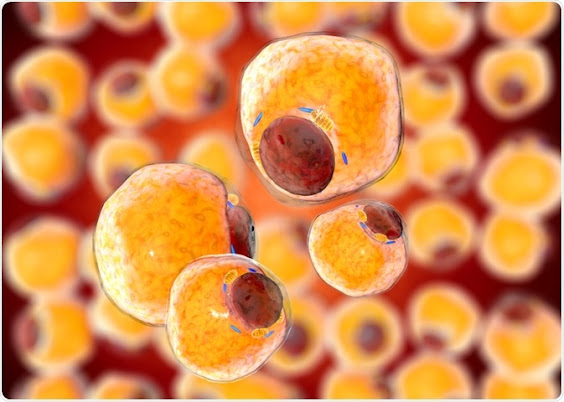MENA Nutraceuticals Market is gaining major traction with BASF partnering with Glycosyn for the development and commercialization of human milk oligosaccharides (HMOs) for broad use in dietary supplements and functional nutrition
A nutraceutical or
"biomedical" is a medical alternative that claiming health benefits
from an herbal source. Nutraceuticals are usually concentrated plant extracts
used to treat disease, boost immune system function, or encourage healthy aging.
One of the key factors aiding growth of the market is the rapidly increasing
demand for meat and milk, which is further compelling animal feed manufacturers
to add functional foods to their animal feed products. As per the Organisation
for Economic Co-operation and Development (OECD), meat consumption in Saudi
Arabia is likely to reach 4.3 kilograms/capita by 2029, increasing from 3.9
kilograms/capita by 2020. Thus, such factors can potentially stimulate growth
of the MENA nutraceuticals market.
Nutraceuticals play a significant
role in modern society. Many nutraceuticals contain vitamins, minerals, herbs,
enzymes, prebiotics, and probiotics. With the exception of vitamin C, which is
found in citrus fruits like oranges and grapefruits, most Nutraceuticals come
from plants, wheatgrass, or other legumes (especially rice bran and buckwheat)
and other foods that contain high levels of testaments. Consumers across GCC,
North Africa, and the Middle East are increasingly becoming health conscious.
As a result of this, the demand for dietary supplements in the MENA region is
increasing. Besides, with rising disposable income and increased purchasing
power of consumers, the demand for healthy food is likely to bolster. Hence,
these factors can augment growth of the MENA
nutraceuticals market.
Nutraceuticals containing prebiotics
have been shown in some studies to reduce the incidence of inflammatory bowel
diseases such as irritable bowel syndrome. Despite these factors, certain
challenges remain prevalent and can limit growth of the MENA nutraceuticals
market. For instance, weak standards in the MENA nutraceuticals and a lack of
strict regulations can impede market development. Besides, a lack of awareness
regarding the benefits of nutraceutical products across rural regions can
restrict growth of the MENA nutraceuticals market.
While Nutraceuticals do contribute to
the prevention and treatment of disease, they also have their own limitations.
For example, while prebiotics improves the absorption of dietary fiber, they
may interfere with the efficacy of some cancer drugs that act on the
intestines. When it comes to regional impact, the Middle East and Africa seem
to be ginning robust traction in the MENA nutraceuticals market. This is
typically due to the presence of an underdeveloped economy. In fact, Middle
East countries such as Saudi Arabia and Qatar are making significant
contributions with high demand for nutrition.
Recently, in May 2019, BASF entered into a partnership agreement with
Glycosyn for the development and commercialization of human milk
oligosaccharides (HMOs) for broad use in dietary supplements and functional
nutrition.




Comments
Post a Comment